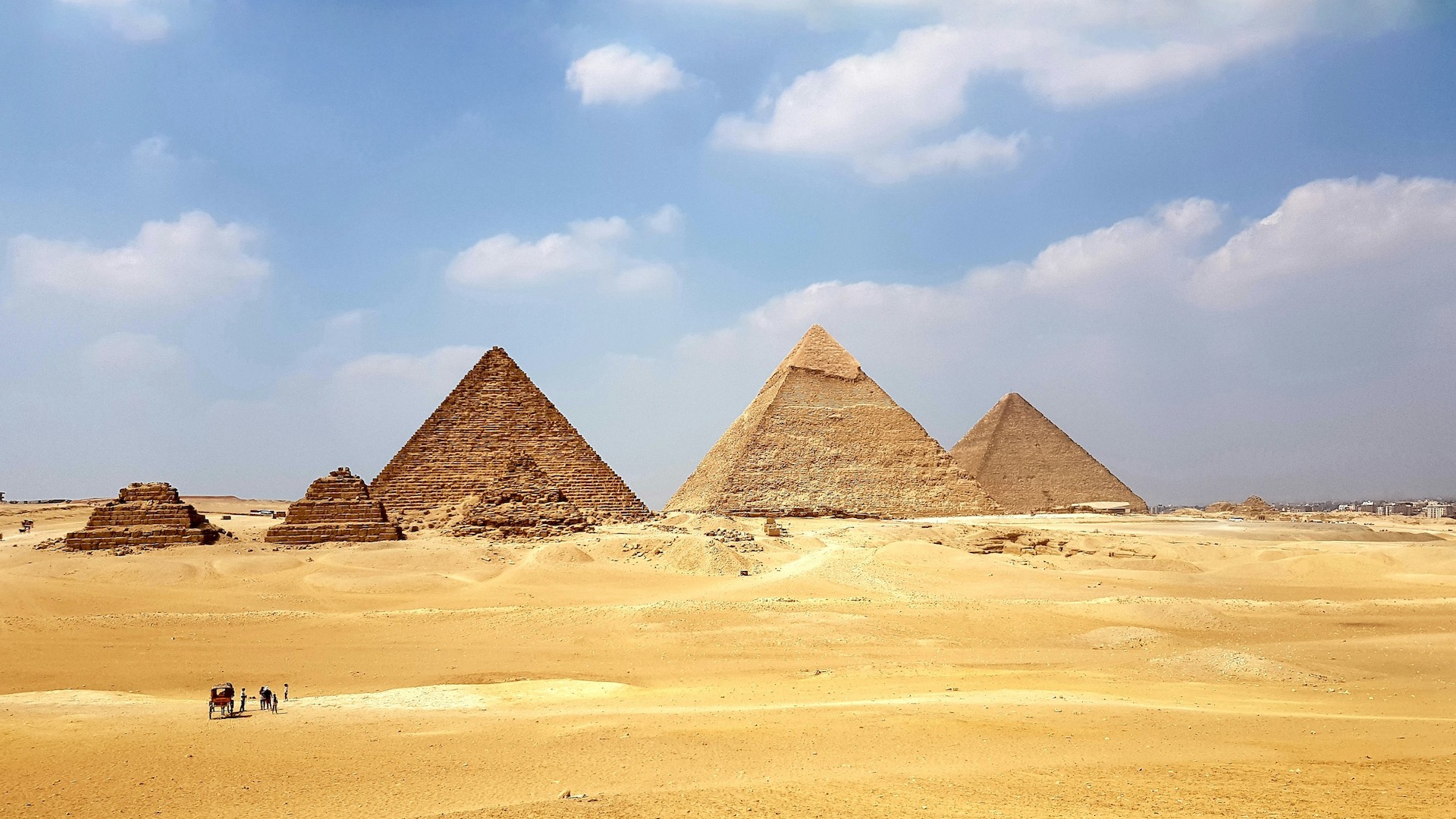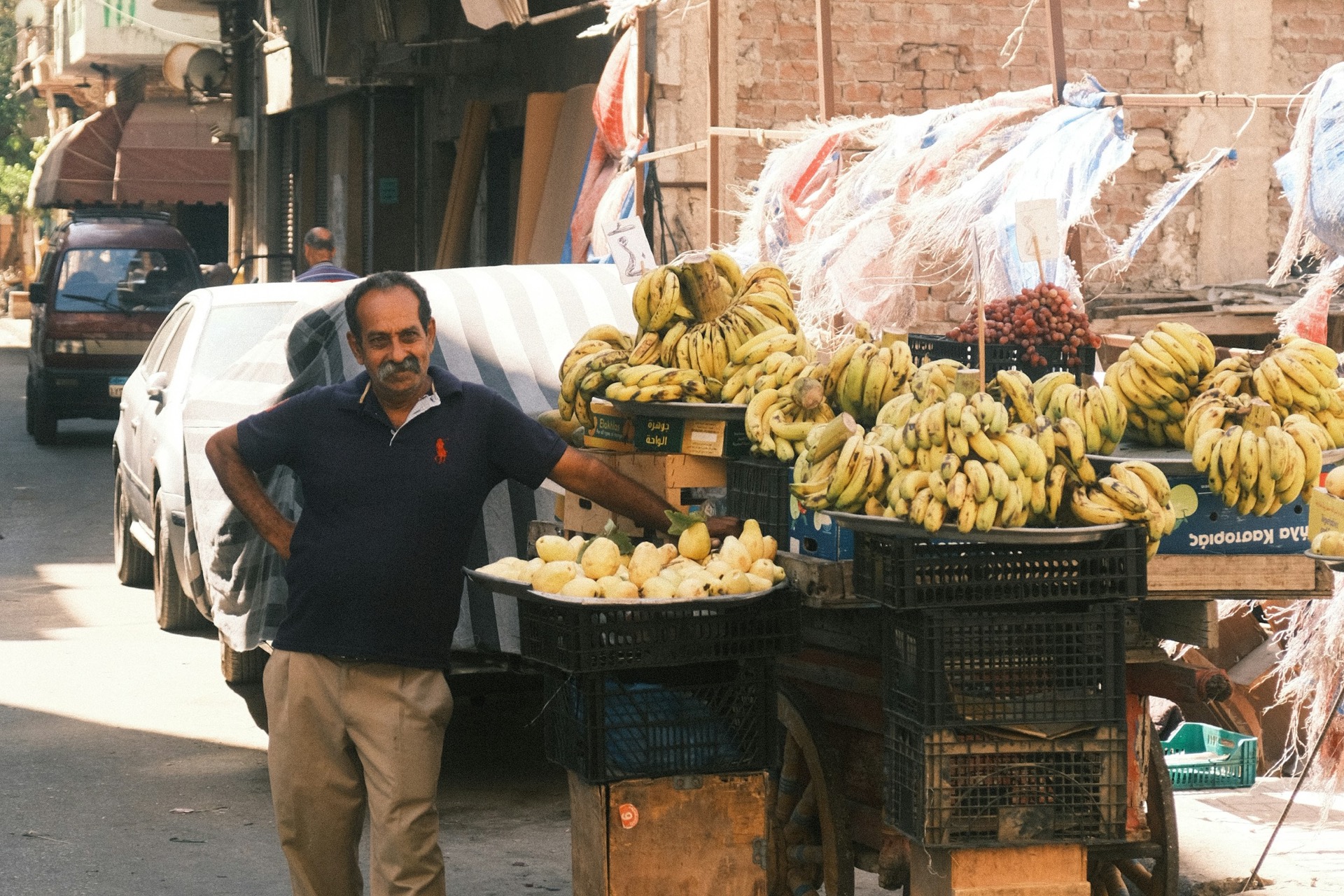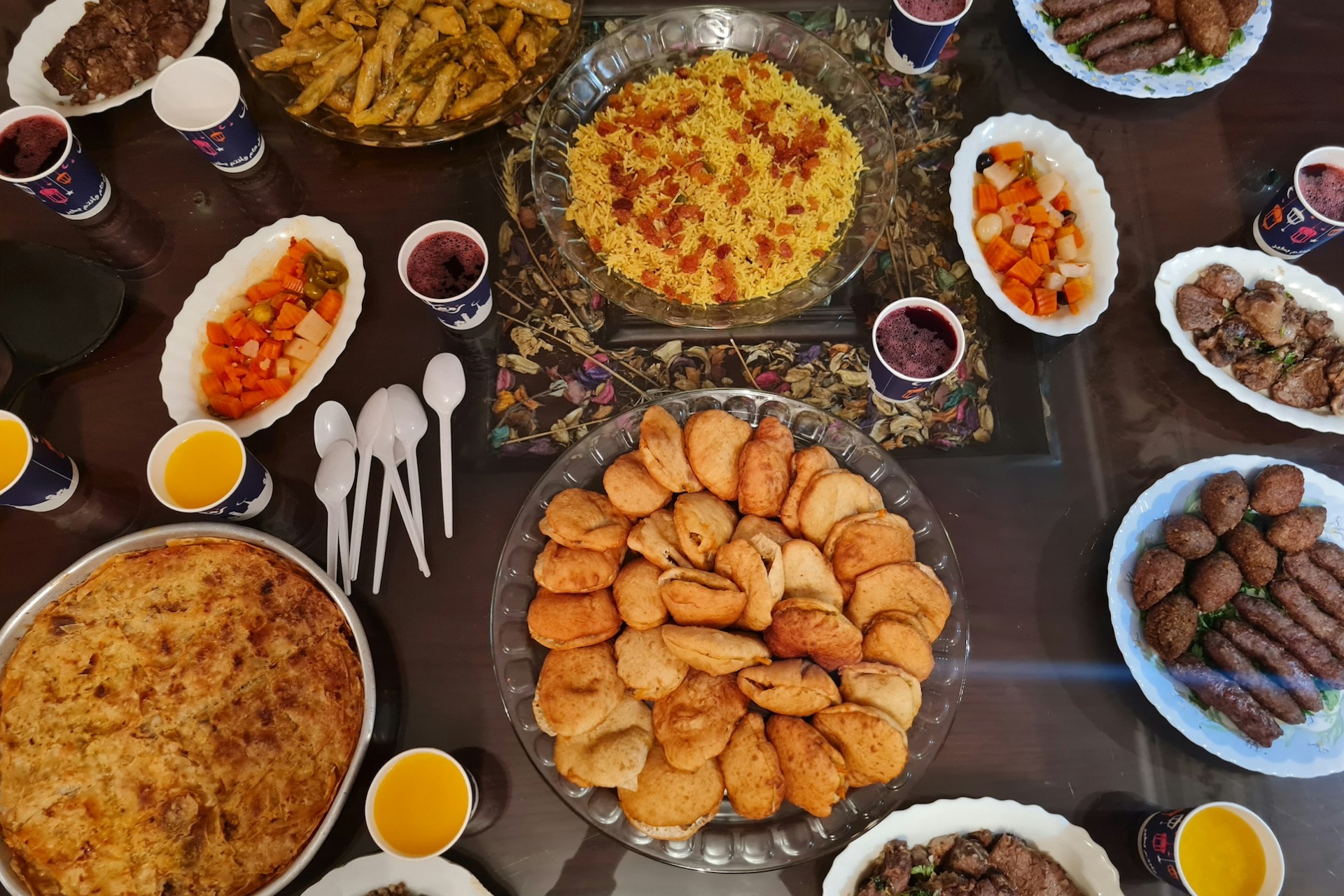Welcome to Egypt
Egypt, officially the Arab Republic of Egypt, is a transcontinental country spanning northeast Africa and the Sinai Peninsula in southwest Asia, home to over 106 million people making it the most populous country in the Arab world. This extraordinary nation preserves humanity's oldest civilization, seamlessly blending 5,000 years of pharaonic grandeur with vibrant modern culture, creating an atmosphere that captivates visitors from around the globe.
Located at the crossroads of Africa, Asia, and the Mediterranean, Egypt's lifeline is the legendary Nile River, the world's longest river. The country serves as a major cultural, political, and tourism hub, combining ancient pyramids and temples with bustling modern cities, vast desert landscapes with fertile Nile valleys, and timeless traditions with contemporary Arab society, offering an authentic glimpse into how ancient heritage and modern life coexist in spectacular harmony.



